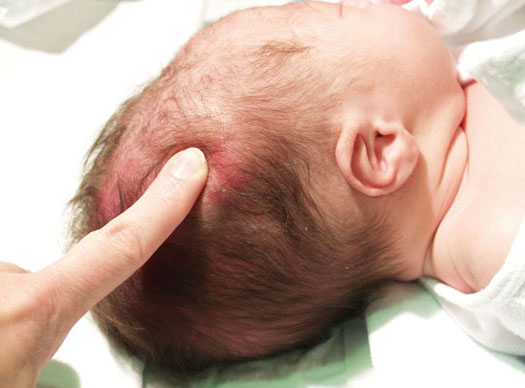If your child is suffering from neonatal hypoglycemia, hip displasia, kernicterus or hyperbilirubinemia or the after effects of these conditions, caused as a result of medical negligence by a health care provider, a UK specialist medical negligence solicitor can ensure that they get a fair deal by taking the guesswork out of selecting a lawyer. Specialist medical negligence lawyers must have a track record of many years’ successful medical negligence settlements and most now deal with compensation claims using a contingent fee arrangement (no win no fee) which means that if you don’t win then they don’t get paid.
Hip Dysplasia
This is a dislocation between the leg and the pelvis. Healthcare professionals should be particularly vigilant in the early part of a child’s life and should be aware of the warning signs of this problem. Failure to act appropriately and quickly may mean that they are guilty of medical malpractice and liable to pay compensation for any harm suffered by the child as a result of negligence. Delay in making a diagnosis is a frequent cause of litigation against those responsible for neonatal health in the community. Examination of the hips is an important screening test throughout infancy and a careful examination should be carried out at regular intervals until the child is walking normally. Doctors and nurses should take every opportunity to check a child’s hips and if necessary refer the child on for specialist opinion as delay may have serious long term effects. The condition is not always present at birth and the child may go on to develop the problem at a later stage. As a result of malpractice hip dysplasia is often not diagnosed until the child is walking after having already been seen by numerous doctors and nurses and treatment at this stage often involves repeated hospitalisation, major surgery and an unsatisfactory outcome.
Kernicterus and Hyperbilirubinemia
These are relatively rare conditions however the consequences of not treating them quickly or adequately can lead to devastating and debilitating brain damage. Health care professionals should be aware of the signs and symptoms of kernicterus and hyperbilirubinemia and take appropriate action if there is the slightest possibility of a child suffering from these conditions to alleviate the possibility of cerebral palsy.
Neonatal Hypoglycemia
This condition is due to lower than normal concentrations of glucose in the blood stream which can cause damage to the brain of an infant and subsequent mental and psychological impairment. Some children are at increased risk shortly after birth and whilst doctors often recognise babies as ‘hypoglycemic’ they often do not recognise the extent of the neonatal hypoglycemia and fail to take appropriate action to prevent brain damage which can result in a substantial claim for compensation for medical malpractice.
Obstetric Cholestasis – ICP
Failure to recognize or deal with obstetric cholestasis or ICP (intrahepatic cholestasis of pregnancy) may be due to medical negligence. This condition is a liver disorder that results from a reduced flow of bile fluids which are produced by the liver and affects approximately 1% of women during pregnancy and continues until the child is delivered. Often the only symptom that occurs is itching of the hands and feet which disappears within a few weeks of delivery. The condition does pose a risk of harm to an unborn child and may prove fatal unless it is recognized promptly and treated properly, usually by early delivery around 35th to 38th week. ICP Obstetric cholestasis usually increases in intensity in subsequent pregnancies and the same mother may require earlier delivery for each successive child.
High levels of oestrogen produced during pregnancy inhibit bile flow which increases concentrations of bile salts in the blood resulting in itching. This condition poses a danger to the unborn child particularly in the latter stages of pregnancy and can result in stillbirth. Obstetric cholestasis is often a hereditary although it can skip several generations. Following complaint about abnormal itching a doctor should take a blood sample for evaluation of liver function and after eliminating all other possible diseases and disorders a diagnosis may be made. This condition is relatively rare and many midwives and doctors are not knowledgeable about the proper procedures for handling this disease which can result in medical malpractice.
Symptoms are often difficult to diagnose however itching usually starts on the soles of the feet and the palms, extending to the rest of the body and often including the face, ears, mouth and head. The itching is often most intense during the night and can lead to sleep deprivation, exhaustion and physical fatigue. About 20% of patients suffer from jaundice and some infants are born jaundiced. Mothers may suffer from malabsorption of vitamins and there is a 20% risk of postpartum haemorrhage which may be caused by inadequate absorption of vitamin K, which is needed for the blood to clot.
Read Full Article

Recent Comments